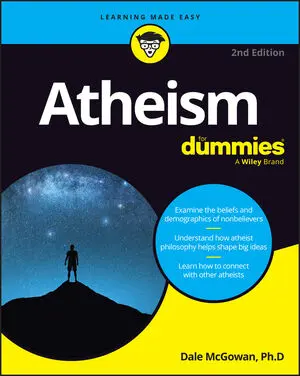Many atheists say after they set side religious beliefs, the experience a similar set of feelings. They report most commonly, freedom and relief.
Some atheists never really had religious beliefs in the first place. Their view was naturalistic from the beginning. For those atheists who did have supernatural beliefs, the stories of losing those beliefs are amazing in their variety. Some people describe slipping out of belief quite easily and without drama. Others describe personal pain, especially if religious friends and family react badly.
Many religious people have been told for years that a loss of faith is followed by a loss of all hope and joy. When that turns out not to be the case, and the world is every bit as beautiful and life as precious and worthwhile as it was the day before — for a lot of new atheists, it’s a very pleasant surprise.
The freedom and relief often come from the realization — sometimes for the first time ever — that their thoughts are their own, that their fate is in their own hands, that they aren’t pawns in someone else’s chess game but autonomous human beings. Atheists who grew up in conservative religious homes often experience this feeling most strongly, but others often speak of this sudden change of perspective as well.
And contrary to another common assumption, no one has an urge to suddenly go on a violent rampage. Good people of faith become good people without faith. Instead of seeking to do harm, the feeling of freedom and relief is often followed by an overwhelming sense of personal responsibility.





